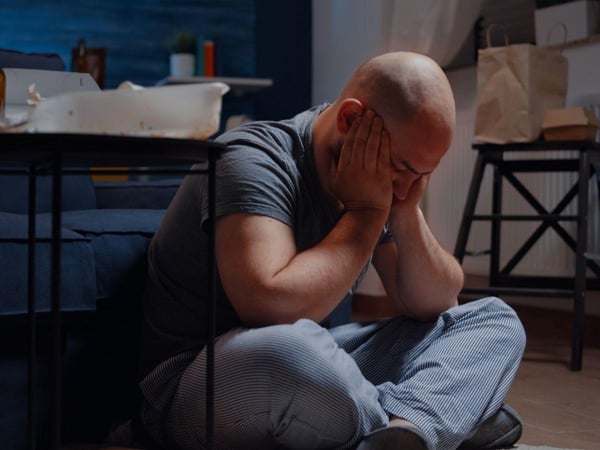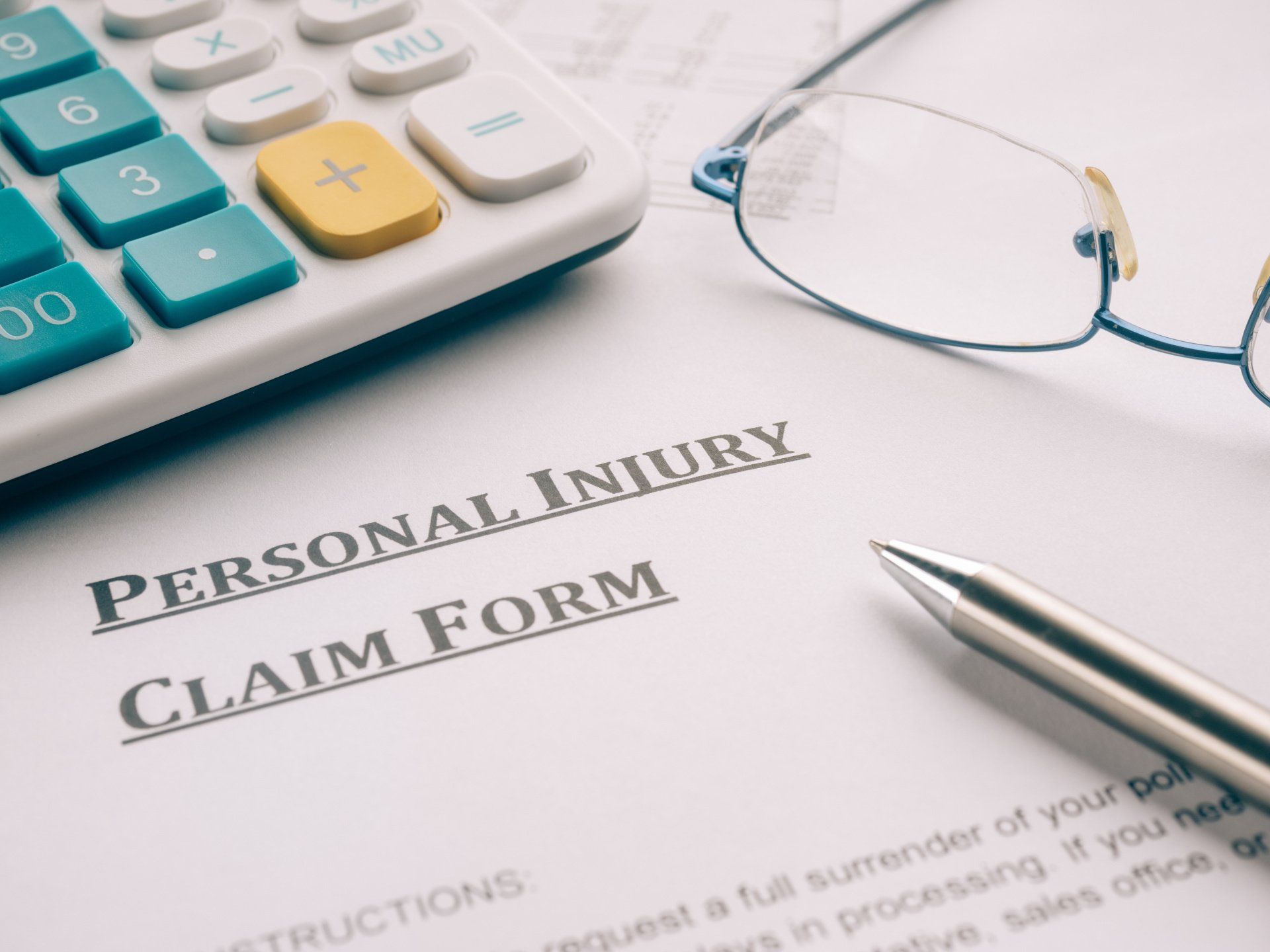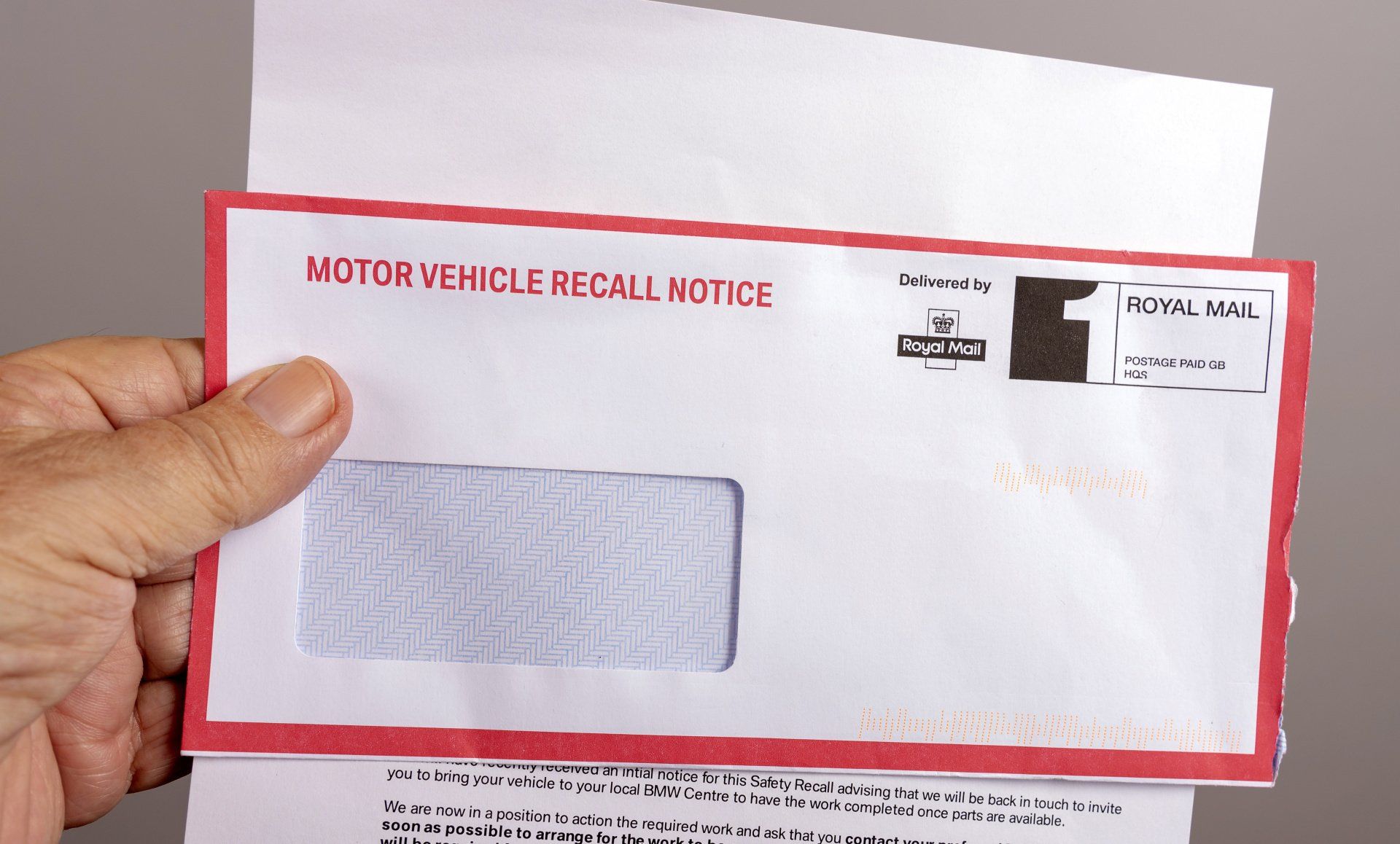What Are The Steps For Filing a Personal Injury Claim?
Key Takeaways Understanding the Process: Familiarity with the personal injury claim process, from initial consultations to potential appeals, is...
5 min read
Juan Carlos : 2/9/22 12:00 AM
Key Takeaways:
Comprehensive Impact: "Pain and suffering" extends beyond economic losses, encompassing emotional and life quality impacts after personal injuries.
Quantification Challenge: Legal systems use methods like the multiplier to estimate compensation for the intangible effects of pain and suffering, underlining the need for precise documentation.
Expertise Matters: Navigating the complexities of compensation claims for pain and suffering emphasizes the importance of specialized legal support from firms like Cotto Law Group.
Understanding "pain and suffering" is pivotal in personal injury law, especially for victims of accidents in Duluth, GA, dealing with physical injuries and mental pain.
This term covers the deeper, non-economic damages that affect one's quality of life, including emotional pain and loss of enjoyment.
While money cannot erase the emotional trauma or physical pain experienced in a motor vehicle accident, recognizing the full scope of pain and suffering is essential in personal injury claims.
Below, we will dive into how these aspects are legally quantified, highlighting the path to fair compensation with a Duluth Personal Injury Attorney.
Table Of Contents
In personal injury law, "pain and suffering" are more than just terms; they represent the profound impact of an accident on an individual's life.
Pain and suffering are divided into two categories: physical pain and mental pain.
Physical pain stems from the bodily injury suffered in an accident.
This pain impacts accident victims' daily lives, potentially lingering as chronic pain or leading to permanent injuries.
This aspect considers how long-term physical injuries can diminish one's enjoyment of life and inflict economic damages due to medical bills and loss of capacity to work.
Mental pain goes beyond the immediate effects of physical injuries, encompassing emotional trauma, anxiety, mood swings, and even Post-Traumatic Stress Disorder (PTSD).
It's about the emotional suffering that can lead to loss of companionship, loss of enjoyment, and loss of quality of life.
Victims may face emotional injuries that alter their lives significantly, leading to issues such as sexual or cognitive dysfunctions and relationship challenges.
These issues often necessitate the expertise of medical professionals and a personal injury attorney to navigate these complex waters.
This nuanced understanding of pain and suffering underlines the importance of legal representation from a dedicated personal injury law firm to secure fair compensation for economic and non-economic damages.

Pain and suffering in personal injury cases can manifest in various, often profound ways, deeply affecting victims' lives beyond the immediate physical injuries.
For instance, consider an individual involved in a severe auto accident in Duluth, GA, resulting in facial injuries, broken bones, and scarring.
This victim will likely endure the physical pain of the injuries and the economic damages from medical bills but also significant emotional suffering.
The emotional trauma, including embarrassment and anxiety in social settings, can hinder their ability to form relationships or engage in social activities.
This often leads to chronic loneliness, emotional pain, and depression, impacting their overall quality of life.
Another poignant example involves a workplace accident where an employee suffers traumatic injuries, such as the loss of fingers due to malfunctioning machinery.
This injury doesn't only mean facing medical professionals and enduring the physical recovery process but also grappling with the loss of enjoyment of life's passions, like playing the guitar.
The economic damages, including lost income, are compounded by non-economic damages: the emotional suffering from not being able to partake in a beloved hobby, leading to feelings of emptiness, anger, and severe depression.
In the wake of a serious personal injury accident, it's not only the victim who suffers.
Spouses bear the brunt of their partner's injuries, too.
Georgia law acknowledges this through the concept of "loss of consortium," which allows spouses to seek compensation for the profound changes in their relationship and daily lives after an accident.
This legal right encompasses various facets of marital life affected by the accident, from diminished companionship and emotional suffering to the tangible impact on social activities, household responsibilities, and intimacy.
Loss of consortium claims recognize that the repercussions of personal injuries extend beyond physical and mental pain to affect the very fabric of marital relationships.
Whether it's dealing with the emotional trauma of seeing a loved one in pain, the stress of additional chores, or the strain on intimacy, these non-economic damages significantly affect the spouse's quality of life and enjoyment of life.
Engaging an experienced personal injury attorney will ensure that the victim and their spouse receive fair compensation that acknowledges the full spectrum of suffering caused by the accident.

Determining compensation for the intangible aspects of pain and suffering remains one of the most challenging tasks in personal injury lawsuits.
Victims are entitled to compensation not only for tangible losses, like medical bills and lost wages but also for the emotional pain and mental suffering endured as a result of their injuries.
Given the subjective nature of these damages, there's no standard formula for quantifying them, making thorough documentation and evidence gathering crucial.
To build a strong case for pain and suffering compensation, victims should undertake several key actions:
Employing these strategies ensures that every facet of your pain and suffering is documented, helping to justify a fair multiplier for these damages in your personal injury claim.
Calculating compensation for non-economic damages like pain and suffering can seem daunting.
Unlike economic damages that cover direct financial losses such as medical bills and lost wages, non-economic damages are subjective and do not have a fixed price tag.
This is where the multiplier method comes into play, serving as a crucial tool in quantifying the intangible aspects of a victim's suffering.
The multiplier method starts with the total amount of economic damages — the actual costs incurred from the injury.
This sum is then multiplied by a number, typically between 1.5 and 5, known as the "multiplier."
The specific figure is determined based on the severity of the pain and suffering endured.
Factors influencing the multiplier include the nature and extent of injuries, the recovery process, and the impact on the victim's daily life and mental health.
Suffering from a personal injury can profoundly impact your life.
At Cotto Law Group in Duluth, GA, our seasoned personal injury lawyers specialize in securing the compensation you deserve.
Whether it's medical expenses, lost wages, or emotional distress, our expert legal team is dedicated to helping you heal.
Don't wait—dial (770)-817-7581 now for a complimentary consultation and take the first step towards recovery.

Key Takeaways Understanding the Process: Familiarity with the personal injury claim process, from initial consultations to potential appeals, is...

Key Takeaways: Always maintain extra space and stay alert to motorcycles, especially in blind spots and during lane changes, to ensure safety on the...

Key Takeaways: Recall Responsibility: Vehicle owners need to act promptly on recall notices to minimize their liability in accidents involving...